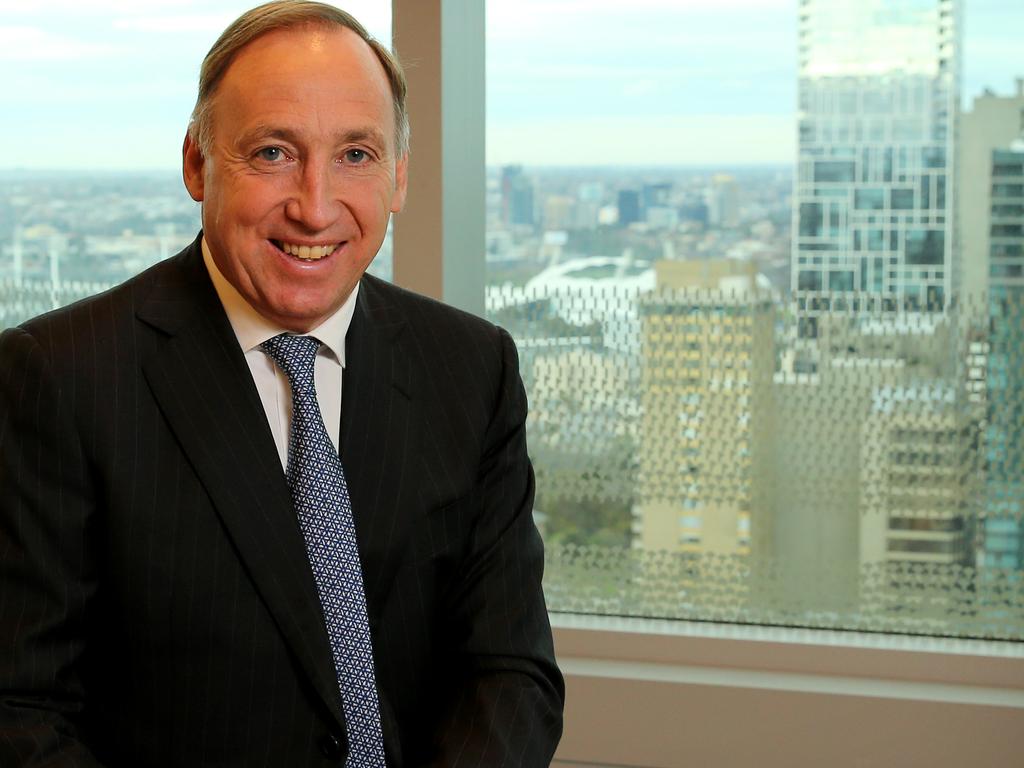Retail super funds face member flight
Retail super funds could be in for a rough 12 months, says KPMG.

Retail super funds are facing a mass of outflows in the coming year, with members set to march toward their lower-fee industry fund rivals, according to new research from professional services firm KPMG.
A new study released by the consultancy, which it labelled a call to action for the insurance and wealth sectors, found that close to a quarter of retail super fund members were likely to switch funds in the coming 12 months, compared with less than 10 per cent of industry fund members.
The rising pressure on retail funds comes despite satisfaction levels across both retail and industry funds sitting at around 60 per cent. The better value provided by the lower-fee industry funds was one reason members may make the switch, KPMG partner Tim Thomas said.
“Industry funds got the free kick from the royal commission, and people are certainly voting with their feet toward industry funds because of the lower fee structures but if they don‘t quickly step up their service quality, including adviser services and digital services, then we think they will also lose members,” he said.
“For now, these results suggest that retail funds need to be more concerned.”
Consumers are more likely to tolerate poor service from an industry fund than a retail fund because of the perception that industry funds gave members a better deal, Mr Thomas said.
“So we‘ve got greater inertia among industry funds, whereas in retail funds, there seems to be a real intolerance to poor service standards.”
Those furthest from retirement age were more likely to switch, and more likely to feel they had not adequately planned for their retirement, the report said.
The wide-ranging research, which involved surveying 1500 consumers across the nation and a further 1000 Australians as part of a global study into changing consumer needs, behaviours and expectations as a result of COVID-19, found the crisis will likely have a lasting impact on how consumers interact with financial services providers.
A preference for digital interaction, alongside demands for better value and more flexibility, are expected to remain long-term trends, KPMG found, with close to 80 per cent of consumers now preferring digital interaction with insurers, superannuation providers and financial planners.
But a generational divide is emerging, with most under-40s believing digital leads to better quality engagement while just 29 per cent of over-65s agree with that sentiment, Mr Thomas said.
“The over-65s are not yet convinced that a digital experience can provide them a quality of interaction and a quality of engagement that meets their expectations.
“For those financial services companies that want to move towards lower cost, self-servicing digital channels, unless they lift their game in terms of the quality of the digital interaction experience, those older customers will want to revert back to traditional channels.
“That’s versus the under-40s, who are absolutely saying that they‘re satisfied with this being a permanent change,” he said.
Alongside a preference for digital interaction, the financial impact of the crisis has pushed consumers to re-evaluate their discretionary spending and demand better value for money and more flexibility of services.
More than half of those surveyed categorised a number of insurance lines, including life insurance, income protection insurance, and health insurance, as well as financial advice, as discretionary spending.
“Even those customers who have income protection products or life insurance products and have lost their job or had their salary reduced, they still don’t yet consider those insurance products as essential. Private health insurance also falls into that bucket,” Mr Thomas said.
If insurance brands do not meet expectations on value for money or personalise the product to the client‘s circumstances, they will switch providers or cancel the policy outright, he warned.
When asked about product expectations, 73 per cent of consumers surveyed wanted flexibility in products and services to match their changing needs, while 66 per cent wanted better value for money.
“Providers need to be aware that even those whose job has not been directly impacted are reducing their overall and discretionary expenditure, and they must respond to these new circumstances and demands,” Mr Thomas said.
“Many super fund members are asking for advice on alternative options rather than just accessing their funds early, while insurers are increasingly expected to offer a discount or rebate without being asked.”
By meeting these new expectations, businesses can build trust with consumers, who want them to meet the “will you put my needs first?” test, he added.
“Consumers want to buy from providers they trust – both with their data, and in terms of companies having a ‘social conscience’ and being seen to put customers, employees and communities ahead of profits.”
While retail funds are facing a mass of outflows in the coming year, funds across the board need to increase member engagement and satisfaction, with good-quality financial advice a key drawcard, Mr Thomas said.
“We’ve got 36 per cent of people saying they want their funds to provide advice services, and, in fact, 59 per cent said they want an improvement in the quality of financial advice from their super fund.
“That reflects a general concern around people‘s retirement goals being disturbed. People are very concerned around the volatility of their superannuation account balances.”
For financial advisers, the challenge continues to centre around convincing consumers advice is a service worth paying for.
Close to 60 per cent of consumers believe COVID-19 has driven an increased need for advice, but just 32 per cent are willing to pay for it, KPMG found.
“The challenge for planners is turn that underlying potential into services that consumers are willing to pay for.
“Personal relationship with advisers is often as important as the funds invested in, so regular engagement is critical, and this must be through a variety of channels,” Mr Thomas said as he predicted digital will gradually play a greater role in financial advice, which will drive down costs.






To join the conversation, please log in. Don't have an account? Register
Join the conversation, you are commenting as Logout